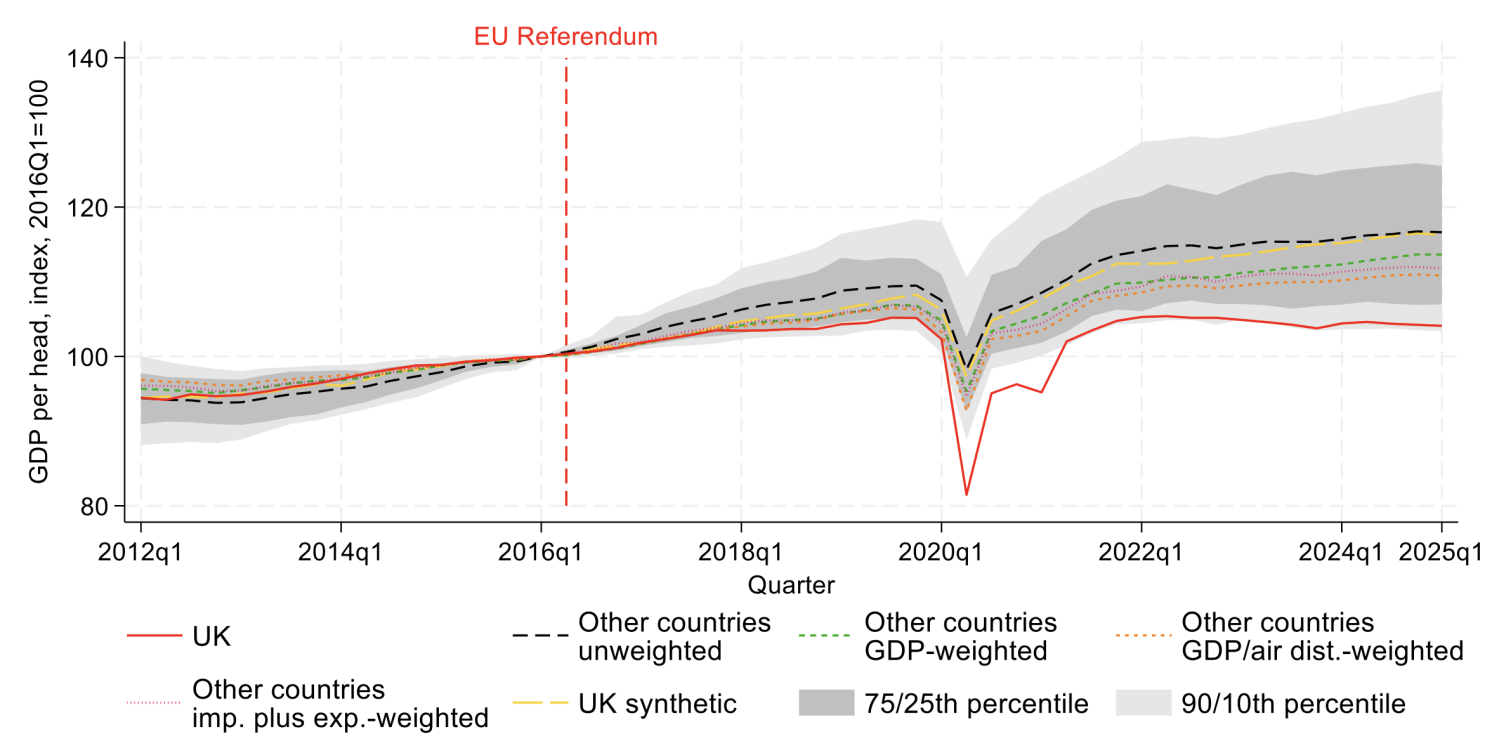“Given the relevance of Credit Suisse to India’s banking sector, we see softer adjustments in assessment of counter-party risks, especially in the derivative market,” analyst Prakhar Sharma writes in a note.
As the bank “has a major presence in India’s derivatives market,” Sharma is watching for any liquidity issues or counter-party risks that may result from the fallout. Overseas banks in India have 4% to 6% of assets, but a large 50% share of off-balance sheet liabilities, according to the note.
Credit Suisse owns more than 200 billion rupees ($2.4 billion) of assets in India, making it the 12th largest offshore lender, according to Jefferies. Loans form 73% of its total liabilities in the South Asian nation, with the majority of them of a short tenure, it added.
Sharma expects the nation’s central bank to watch for liquidity issues and counter-party exposure, and intervene as necessary. He sees institutional deposits moving more toward larger and quality banks in India.
That said, foreign banks make up only 6% of banking assets, with the Swiss lender accounting for 1.5% of that share, and Jefferies forecasts a “softer impact on banking in India.”
Credit Suisse announced that it was offering to buy back up to 3 billion francs ($3.23 billion) of debt securities in a move that may help to restore market confidence. Chief Executive Officer Ulrich Koerner has said the bank’s financial position is sound.





































